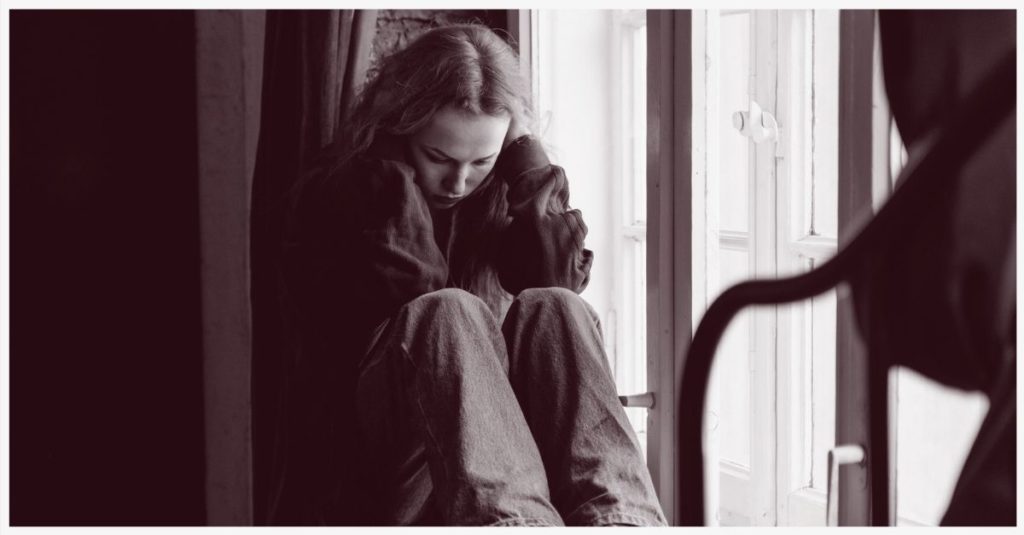When you think of the word trauma what comes to mind? Many of us might think of something extraordinarily stressful or life-threatening. Maybe we think of something like a tragic accident, rape, or natural disaster. Trauma is defined as a deeply distressing or overwhelming experience that is commonly followed by emotional and physical shock. Long-term reactions to trauma or betrayal trauma can include unpredictable emotions, flashbacks, strained relationships, and even physical symptoms.
Defining Betrayal Trauma
So, what is Betrayal trauma? Is it a real thing? Those who have experienced it, know that it is a very real thing. Betrayal trauma is a mental injury, a psychic wound. It is most relatable to Post Traumatic Stress Disorder (PTSD), something that is very common among post-war veterans. Dr. Jill Manning a Licensed Marriage and Family Therapist and a Certified Clinical Trauma Professional (CCTP) explains that “Betrayal trauma occurs when someone we depend on for survival or are significantly attached to, violates our trust in a critical way.”
Betrayal trauma is most often associated with relational infidelity, whether it is an emotional affair or sexual affair, or chronic infidelity as seen in sex addiction. Betrayal trauma can also be created by events of financial infidelity or other addictions. Secrecy and deception are regularly involved in the experience.

Identifying Symptoms
When someone experiences betrayal trauma they experience symptoms that can mirror those similar to PTSD. You may have symptoms of anxiety, hypervigilance, flashbacks of past events, nightmares, avoidance, social isolation, depression, difficulty concentrating, difficulty regulating intense emotions, feelings of shame, and obsessive thoughts and behaviors. Betrayal trauma can make you feel like you are losing your mind. Everything you thought you knew feels like it is all in question and puts you in a state of emotional free fall.
Finding Healing
If you believe you are dealing with symptoms of betrayal trauma, you are not alone. There is help available. There are many resources available and probably some near you. Finding the right support and help from an empathetic community can be very helpful in getting you the right tools to start your path of healing. Have the courage to seek help. Find a quality therapist that has training in treating relationship trauma or apply to the Overt program. Healing is possible.
Carey Larson, LMFT
Carey Larson, LMFT (highpointcounseling.com)
Carey is a Licensed Marriage and Family Therapist and has a private practice in Rock Springs, Wyoming. He grew up on a small farm in Northern Utah and has a passion for helping and working with others. Carey has experience and training in helping individuals and families with relationship issues, depression, anxiety, trauma, grief, and addiction.
[…] Betrayal trauma is the after-effect of a serious betrayal within a relationship. Symptoms are similar to PTSD and can be as debilitating too. So, how do you return to some sense of normalcy? Is there something you can do to help you restore a sense of peace and calmness within? […]